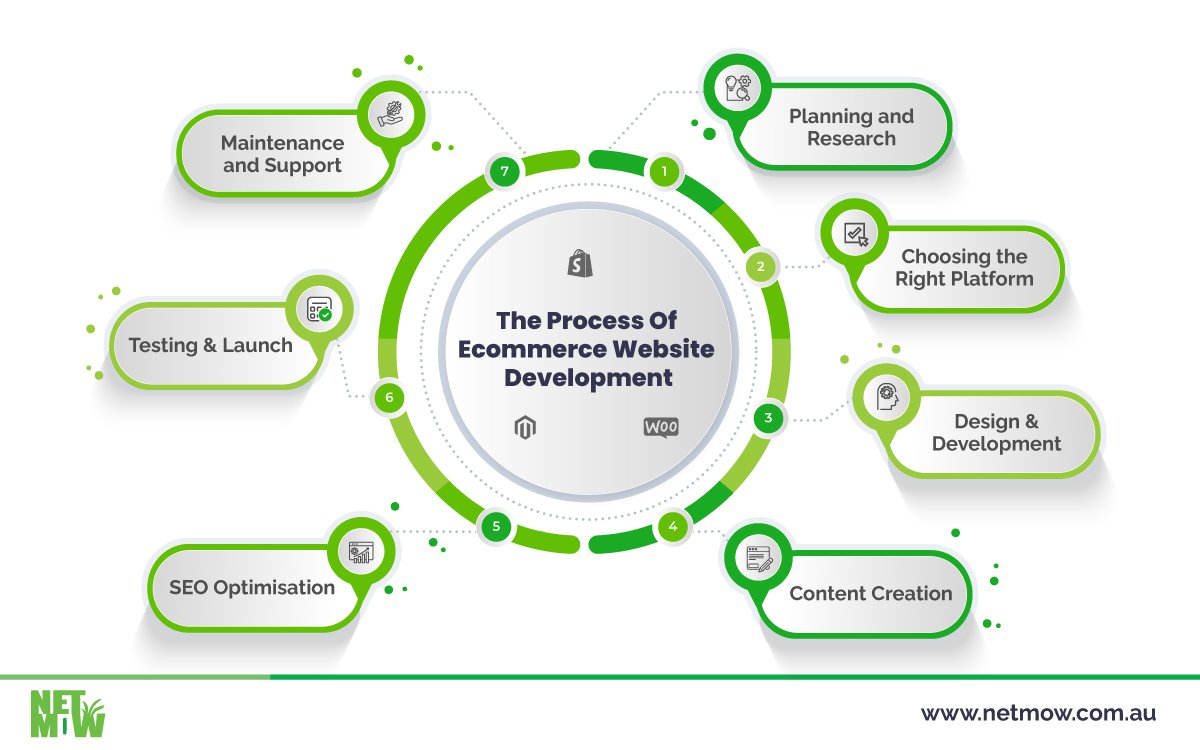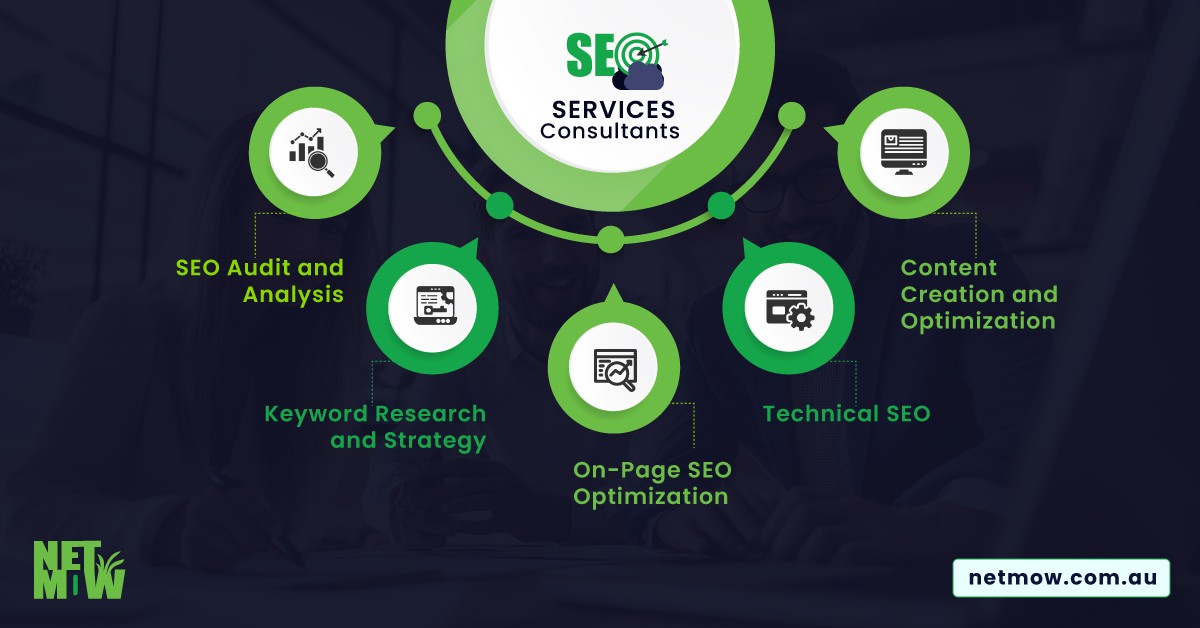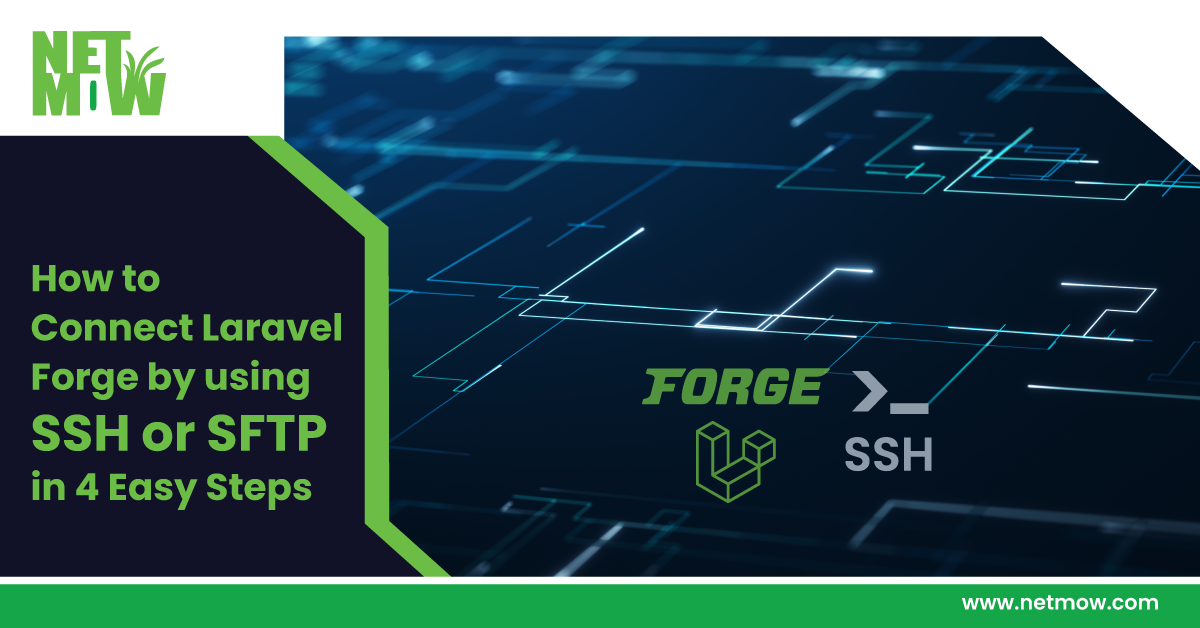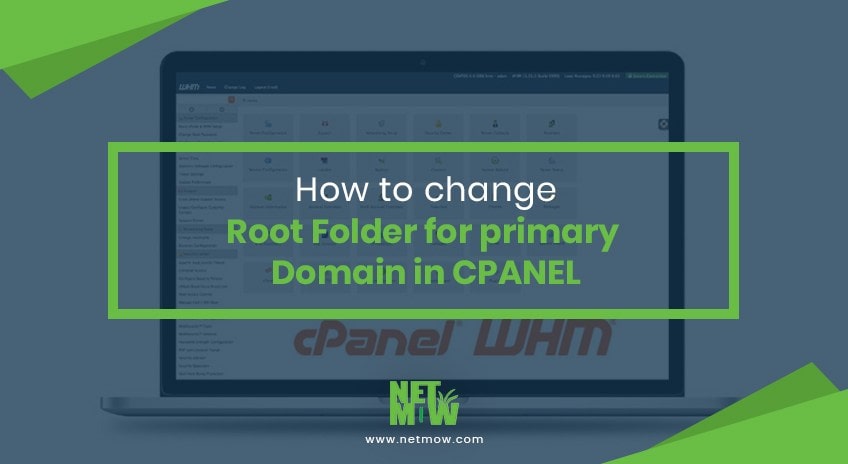
In the modern digital world, having a powerful eCommerce website is vital for any business that wants to succeed online. Ecommerce website development services encompass various solutions designed to create, maintain, and optimise online stores. These services are about building a website and creating a seamless, user-friendly shopping experience that can convert visitors into loyal customers. This guide will explore everything you need about e-commerce website development services, from the key features of a successful e-commerce site to choosing the right development agency. Whether you’re starting from scratch or looking to upgrade your existing site, understanding these services is vital to your eCommerce success.
What are Ecommerce Website Development Services?
Ecommerce website development services refer to the comprehensive range of services specialised agencies offer to build, maintain, and enhance online stores. These services include:
- Website Design: Creating visually appealing and user-friendly layouts.
- Development: Building the site using various programming languages and platforms.
- Security: Enforcing strategies to safeguard customer information and transactions.
- SEO Optimisation: Ensuring the site ranks well in search engine results.
- Payment Integration: Incorporating secure payment gateways.
- Maintenance and Support: Providing ongoing support to fix issues and update the site.
These services aim to provide a seamless shopping experience for customers while ensuring the website is efficient, secure, and scalable.
Why Choose Professional Ecommerce Website Development Services?
Choosing professional eCommerce website development services is crucial for several reasons:
- Expertise: Professional developers have the knowledge and experience to build a functional and attractive eCommerce site.
- Customisation: They can tailor the website to meet business needs and goals.
- Efficiency: Professional services can streamline development, saving time and resources.
- Security: Experts ensure that the site is secure from cyber threats.
- SEO Benefits: Professionals can optimise the site for search engines, improving visibility and traffic.
Key Features of a Successful Ecommerce Website
A successful eCommerce website incorporates several key features to enhance user experience and drive sales. Here are some essential elements:
User-Friendly Design
A user-friendly design ensures visitors can easily navigate the site and find what they want. Key aspects include:
- Intuitive Navigation: Clear menus and categories.
- Clean Layout: A clutter-free interface.
- Accessible Search Bar: Easy access to search functions.
Examples of user-friendly eCommerce sites include Apple and IKEA, which prioritise simplicity and ease of use.
Mobile Responsiveness
Mobile responsiveness is crucial with the increasing number of users shopping on mobile devices. A mobile-optimised website adjusts to different screen sizes, offering a smooth smartphone and tablet experience.
- Statistics: Statista states mobile commerce sales will reach 72.9% of total eCommerce sales by 2021.
- Benefits: Improved user experience, higher engagement, and better SEO rankings.
Secure Payment Gateways
Security is paramount in eCommerce. A secure payment gateway protects customer data and builds trust. Popular options include:
- PayPal: Widely used for its ease of use and security features. Learn more about PayPal.
- Stripe: Known for its robust security and developer-friendly APIs. Explore Stripe.
SEO Optimisation
SEO optimisation ensures that your eCommerce site performs strongly in search engine rankings, attracting organic traffic. Key SEO services include:
- Keyword Research: Discovering pertinent keywords for your niche.
- On-Page SEO: Optimising meta tags, headers, and content is a crucial aspect of on-page SEO that directly impacts your site’s search engine rankings.
- Technical SEO: Ensuring fast load times and mobile friendliness.
Fast Load Times
Delayed loading times can result in increased bounce rates and decreased conversions. Ensuring your site loads quickly is essential. Tips for improving load times include:
- Image Optimisation: Compressing images without losing quality.
- Caching: Using browser and server caching to speed up load times.
Detailed Product Pages
Detailed product pages provide customers with the information to make informed purchase decisions. Essential elements include:
- High-Quality Images: Clear, detailed images of the product.
- Comprehensive Descriptions: Detailed information about the product’s features and benefits.
- Customer Reviews: User-generated reviews to build trust.

The Process of Ecommerce Website Development
Developing an eCommerce website involves several stages, each crucial to creating a functional and attractive online store. Here is a step-by-step overview:
Planning and Research
The planning stage is essential for defining the project’s scope and goals. Key activities include:
- Market Research: Gaining insights into your target audience and competitors.
- Goal Setting: Clarify the aims of your eCommerce site.
- Budgeting: Estimating costs and allocating resources.
Choosing the Right Platform
Selecting the right eCommerce platform is critical. Popular platforms include:
- Shopify: Known for its user-friendliness and scalability.
- Magento: Offers extensive customisation options but requires more technical knowledge.
- WooCommerce: Ideal for WordPress websites, offering flexibility and control.
Every platform has its advantages and disadvantages, so selecting one that aligns with your business needs and technical expertise is essential.
Design and Development
The design and development phase involves creating your website’s visual and functional aspects. This stage includes:
- Wireframing: Creating a blueprint of the site layout.
- Design: Developing the visual elements, including colour schemes, typography, and graphics. This is where eCommerce website design comes into play, ensuring the site is visually appealing and user-friendly.
- Development: Coding the site using HTML, CSS, JavaScript, and other technologies.
During this phase, ensuring the site is responsive is essential, meaning it works well on all devices, from desktops to smartphones.
Content Creation
Content is king in eCommerce. High-quality content can attract visitors and convert them into customers. Key types of content include:
- Product Descriptions: Detailed and persuasive descriptions of each product.
- Blog Posts: Insightful content that adds value for your audience and improve SEO.
- Multimedia: High-quality images, videos, and infographics to engage visitors.
SEO Optimisation
SEO optimisation is crucial for driving organic traffic to your eCommerce site. Important SEO Gold Coast include:
- Keyword Integration: Using relevant keywords in product descriptions, blog posts, and meta tags.
- Link Building: Creating backlinks to reputable sites to improve domain authority.
- Technical SEO: Ensuring fast load times, mobile friendliness, and secure connections (HTTPS) is a key aspect of technical SEO services.
Testing and Launch
Before launching your eCommerce site, thorough testing is essential to ensure everything works smoothly. Key testing activities include:
- Functionality Testing: Ensuring all features, such as shopping carts and payment gateways, work correctly.
- Usability Testing: Checking that the site is user-friendly and intuitive.
- Performance Testing: Ensuring the site loads quickly and can handle high traffic volumes.
Once testing is complete, you can launch your site and attract customers.
Maintenance and Support
After launching, ongoing maintenance and support are crucial to maintain smooth operation and ensure security for your site. This includes:
- Regular Updates: Updating software and plugins to the latest versions.
- Security Monitoring: Implementing measures to protect against cyber threats.
- Performance Optimisation: Continuously improving site speed and functionality.
Choosing the Right Ecommerce Website Development Services Provider
Selecting the right development agency is critical to the success of your eCommerce site. Here are some factors to consider:
Experience and Expertise
Choose an agency with a well-established record of success in eCommerce website design and development. Look for:
- Portfolio: Reviewing their previous work to assess quality and style.
- Client Testimonials: Reading reviews and feedback from past clients.
Customisation Capabilities
Ensure the agency can tailor the website to meet your needs and goals. Ask about:
- Flexibility: They can customise features and design elements.
- Scalability: Ensuring the site can grow with your business.
Support and Maintenance
Ongoing support is essential for sustained success of your eCommerce site. Consider:
- Service Level Agreements (SLAs): Understanding their commitment to support and maintenance.
- Response Times: Ensuring they can address issues promptly.
Benefits of Using Ecommerce Website Development Services
Investing in professional eCommerce website development services offers numerous benefits:
Enhanced User Experience
A professionally developed site ensures a seamless shopping experience, increasing customer satisfaction and retention.
Improved Security
Specialists enforce strong security measures to protect customer data and transactions, building trust and credibility.
Better SEO Performance
Professional developers optimise your site for search engines, driving organic traffic and improving visibility.
Scalability and Flexibility
A well-built eCommerce site can easily adapt to your business’s changing needs and grow with you.
Common Challenges in Ecommerce Website Development
Developing an eCommerce website can come with its share of challenges. Here are some common issues and how to address them:
Navigating Technical Complexity
Building an eCommerce site involves a range of technical components, from backend coding to integrating payment gateways. To overcome technical complexity:
- Hire Experts: Work with experienced developers who understand the intricacies of eCommerce.
- Use Reliable Platforms: Choose platforms that offer robust support and documentation.
Ensuring Data Security
Data security is a major concern for eCommerce sites due to handling sensitive customer information. To enhance security:
- Implement SSL Certificates: Encrypt data transmitted between your site and users.
- Regular Security Audits: Conduct frequent security checks to identify and address vulnerabilities.
Managing Inventory and Logistics
Efficient inventory control and logistics are critical for eCommerce success. Key strategies include:
- Automated Inventory Systems: Use software to track stock levels and manage orders.
- Reliable Fulfillment Partners: Partner with trusted logistics providers to ensure timely delivery.
Conclusion
Ecommerce website development services are essential for creating a successful online store. From the development process and key features to common challenges and best practices, having a solid grasp of these elements ensures your eCommerce site is effective, user-friendly, and positioned for success. If you have any questions or need personalised support, please reach out to our team at Netmow for expert guidance and support.
Frequently Asked Questions (FAQs) About Ecommerce Website Development Services
What is eCommerce website development?
Ecommerce website development involves creating and maintaining online stores where businesses sell products or services. It includes site design, functionality development, content creation, and optimisation.
Why is a professional eCommerce website important?
A professional eCommerce website enhances credibility, provides a smooth user experience, ensures data security, and allows scalability as your business grows.
How long does it take to develop an eCommerce website?
Development time varies but typically takes 8-12 weeks for basic sites. Complex sites with custom features may take longer.
What are the costs associated with eCommerce website development?
Costs depend on platform choice, design complexity, and additional services. Get a detailed quote from your provider to understand all expenses.
What are the key features to include in an eCommerce website?
Essential features include product pages, a shopping cart, a payment gateway, search functionality, mobile responsiveness, and customer account management.
How can I make sure my ecommerce website is SEO-friendly?
Make your site SEO-friendly by using relevant keywords, creating optimised content, ensuring fast load times, and improving user experience.
What ongoing maintenance is needed for an eCommerce website?
Ongoing maintenance includes regular updates, performance monitoring, security checks, content updates, and customer support.
Can I integrate my eCommerce website with other business systems?
Yes, integrating with inventory management, CRM, accounting software, and shipping systems can improve efficiency and streamline operations.









